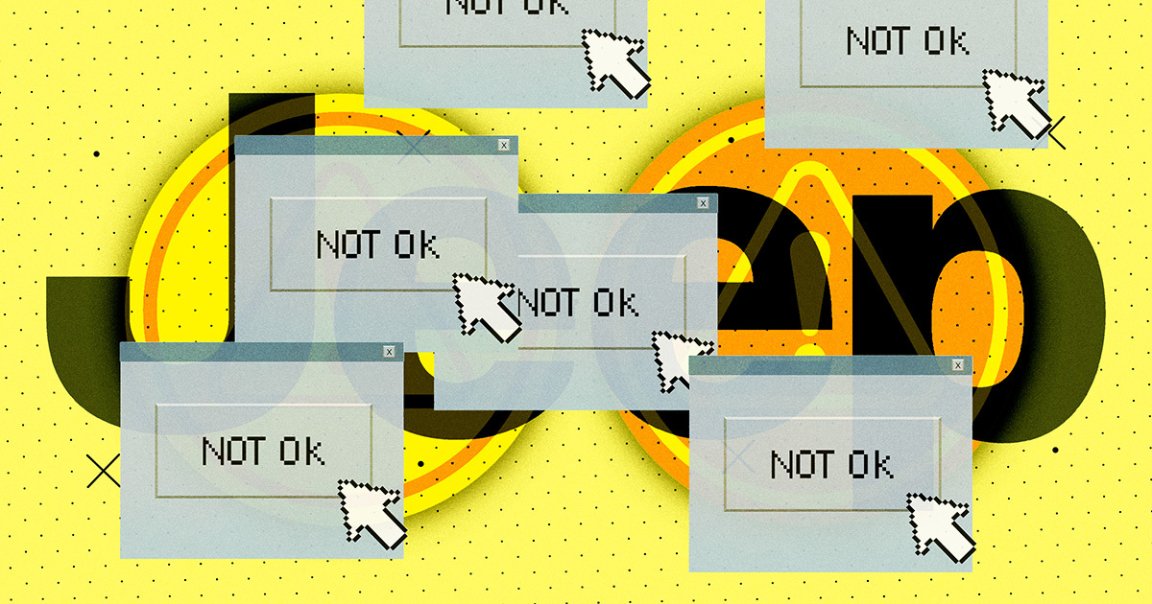
The smartphone-ification of cars continues to unleash new horrors of tech-inflected capitalism.
Just ask Jeep drivers, who are suffering through an extremely intrusive way the automaker is pestering them to buy an extended warranty: pop-up ads that take up the entire infotainment screen of their vehicles, our sister site The Drive reports.
In a post on the r/assholedesign subreddit last week, the owner of a 2022 Grand Cherokee complained about the intrusion, claiming the ads returned every time they came to a stop, “even if you hit ok.” So, stop sign? Ad. Red light? Ad. Get cut off and hit the brakes? Hey, here’s that warranty you didn’t want!
“Purchase Peace of Mind,” the ad for Jeep’s “Flexcare Extended Care Premium” plan reads, very much hogging all of the center console panel’s real estate. How about some peace and quiet?
Well, if it can connect to the internet, it can be an advertisement delivery system. And you bet that companies are going to take advantage of that. Maybe, just maybe, making every car dependent on a touch screen was a mistake.
According to The Drive‘s sleuthing, it’s not a new issue, with the earliest complaints cropping up two years ago. But here’s the most baffling part: the owner claims they had already reached 36,000 miles driven in their Jeep — the maximum limit the advertised warranty would cover. In other words, they were getting hounded for nothing. “I hit 36,000 miles last week,” the owner said in a reply. “It started coming up yesterday.”
According to the Stellantis-owned automaker, the frequency of the ads wasn’t intentional.
“This was an in-vehicle message designed to inform Jeep customers about Mopar extended vehicle care options,” a Jeep spokesperson told The Drive in a statement. “A temporary software glitch affected the ability to instantly opt out in a few isolated cases, though instant opt-out is the standard for all our in-vehicle messages.”
“Our team had already identified and corrected the error, and we are following up directly with the customer to ensure the matter is fully resolved,” the spokesperson added.
Mistake or not, no one should be happy with the idea of their $40,000 vehicle asking you to spend even more money. But at this point, the genie is already out of the bottle. Competitors like Mercedes, for example, demand that you pay a pricy subscription to unlock their electric cars’ full speed — something that requires no physical modifications and only takes changing a setting somewhere in the vehicle’s software.
There is a way to permanently disable the ads. And no, it’s not intuitive at all — it’s not even through the car. Nope: owners have to go the Jeep Connect website, The Drive found, make an account, link your car to the account, and explore a bunch of menus to finally reach the option to disable “in-vehicle notifications.” Good luck explaining that to grandpa.
More on dumb tech in cars: Europe Tells Automakers That Buttons and Knobs Are Safer Than Touchscreens